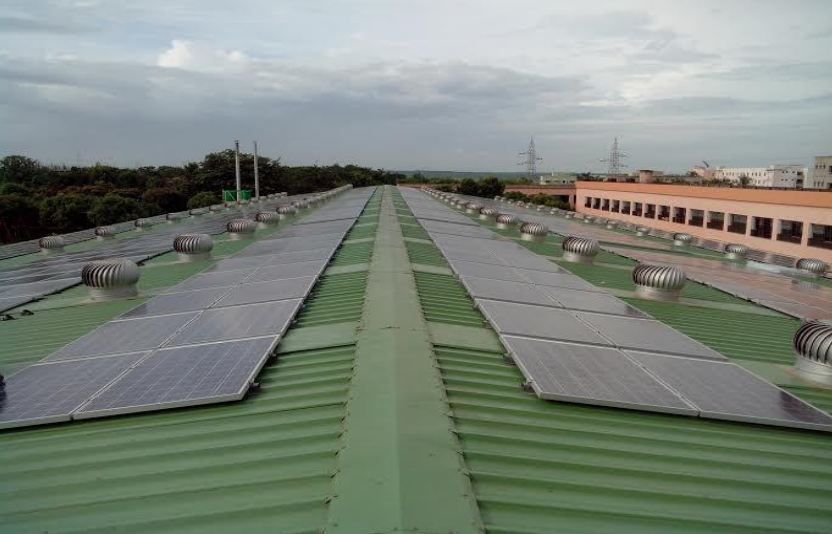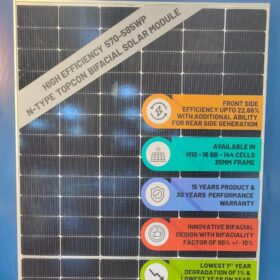Although India’s target for the development of 40 GW rooftop PV, is likely too ambitious to achieve, while having currently only 1.5 GW of installed capacity, a group of international experts has pointed out a solution that could help the country to get close to this target.
In a paper produced in collaboration between Climate Policy Initiative (CPI), Stockholm Environment Institute (SEI), and Indian Council for Research on International Economic Relations (ICRIER), and funded by the Swedish Energy Agency as part of its support for the New Climate Economy project, the group of experts claim that municipal financing, via issuance of municipal bonds, may offer a solution to increase debt availability for developers, while reducing project costs by up to 12%.
The authors of the report are proposing a “solar municipal bond model” (SMB), in which Indian municipalities are called to work as aggregators for fund raising for rooftop solar projects. “Funds available through a municipal bond would be disbursed to project developers via a Public Private Partnership (PPP) approach, similar to the Design-Build-Finance and Operate (DBFO) model with the financing activity taken care by municipal corporation or corporate municipal entity (CME)”, the experts asserted in the study.
Municipalities, on the other hand, may have market advantages as funds raisers such as, among others, institutional goals and mandates, access to debt capital markets and debt guarantees, higher credit profiles, and different revenue sources.
The authors of the paper, however, recommend the adoption of “innovative transaction structures” to help Indian municipalities take part in the rooftop PV business. “A particularly attractive structure is where a municipality-owned master special purpose vehicle (SPV) or a corporate municipal entity (CME) would raise the bonds and disburse the proceeds of these bonds to SPVs owned by project developers via capital lease arrangements” they explained.
Author: Emiliano Bellini
This content is protected by copyright and may not be reused. If you want to cooperate with us and would like to reuse some of our content, please contact: editors@pv-magazine.com.








By submitting this form you agree to pv magazine using your data for the purposes of publishing your comment.
Your personal data will only be disclosed or otherwise transmitted to third parties for the purposes of spam filtering or if this is necessary for technical maintenance of the website. Any other transfer to third parties will not take place unless this is justified on the basis of applicable data protection regulations or if pv magazine is legally obliged to do so.
You may revoke this consent at any time with effect for the future, in which case your personal data will be deleted immediately. Otherwise, your data will be deleted if pv magazine has processed your request or the purpose of data storage is fulfilled.
Further information on data privacy can be found in our Data Protection Policy.